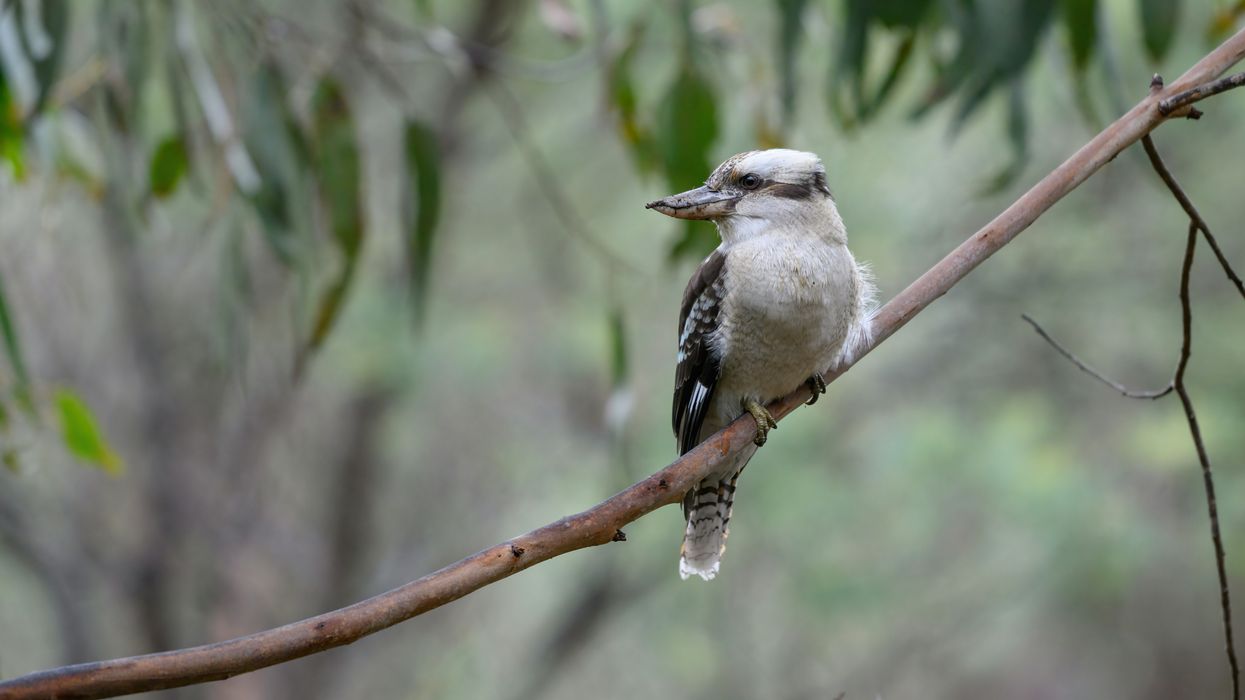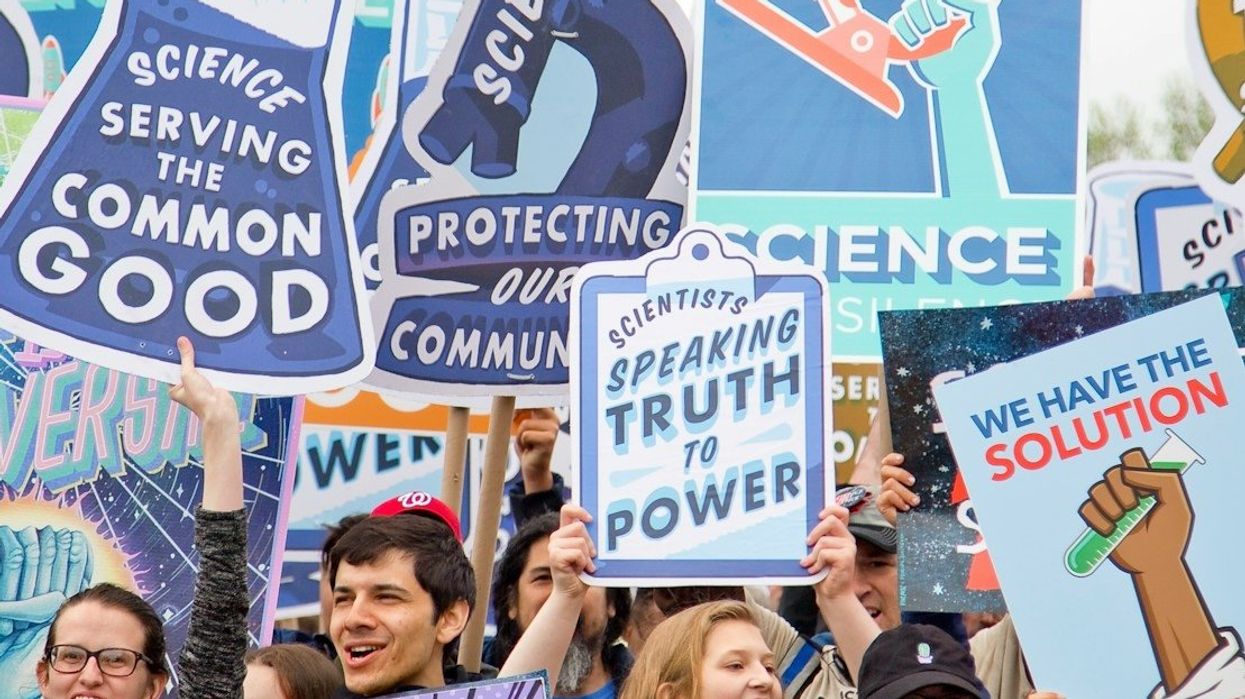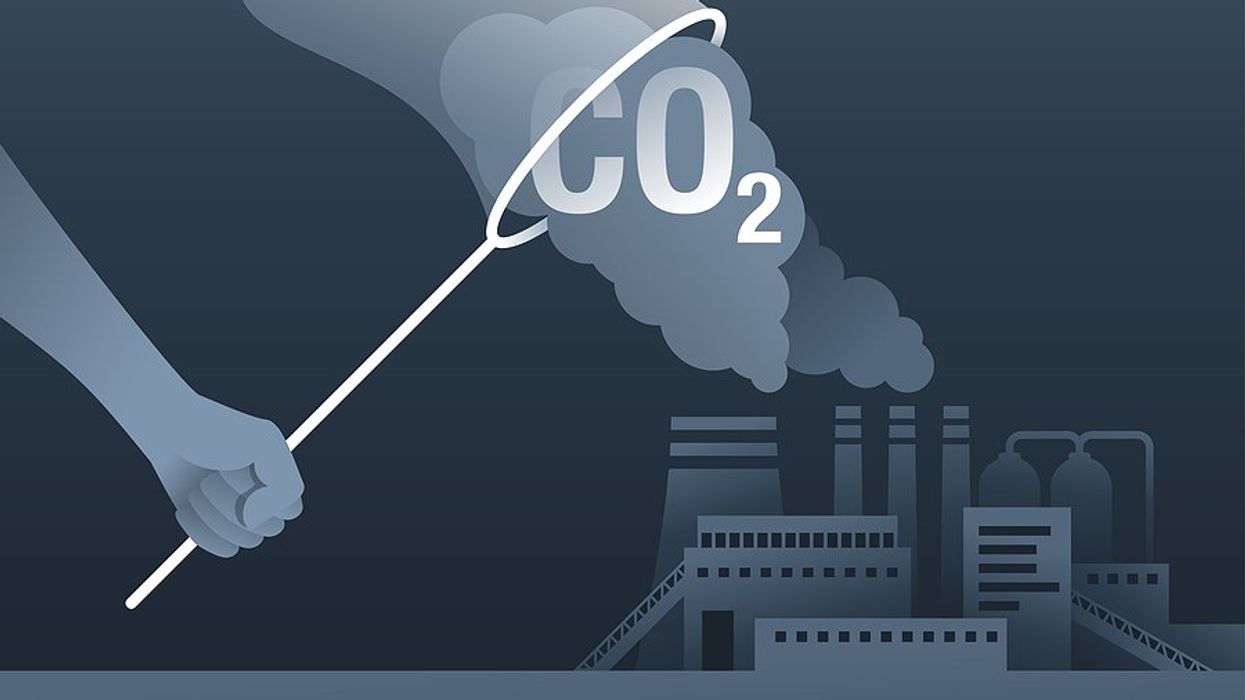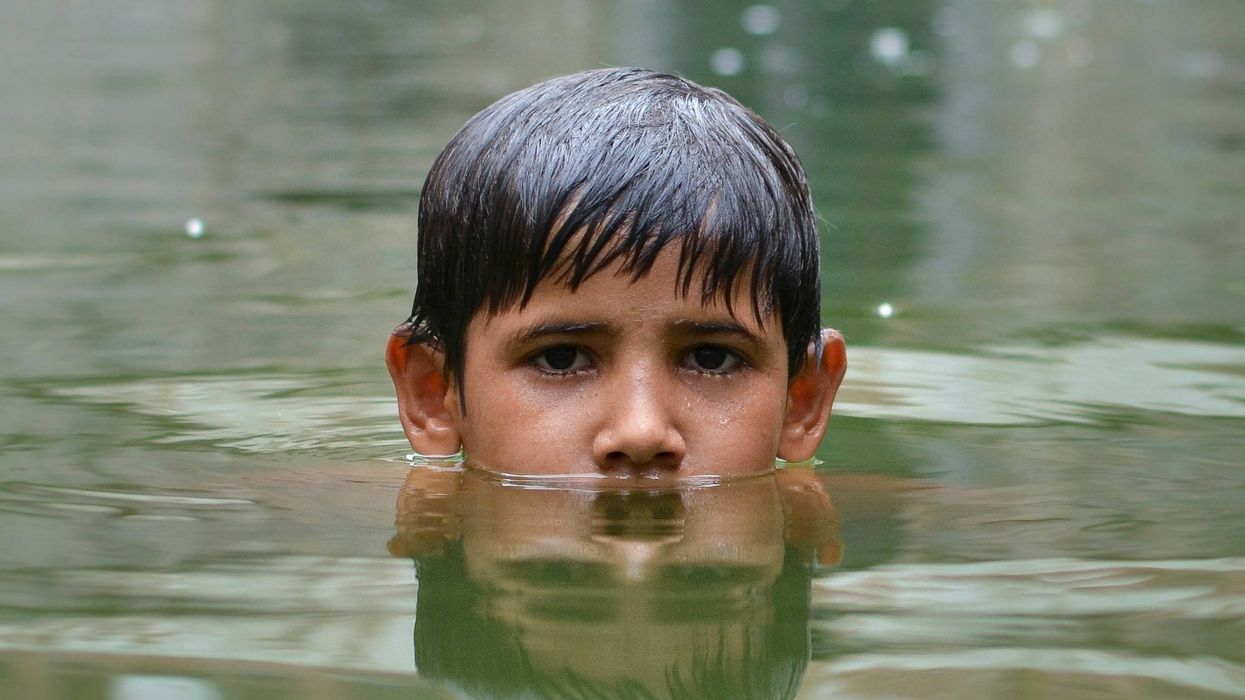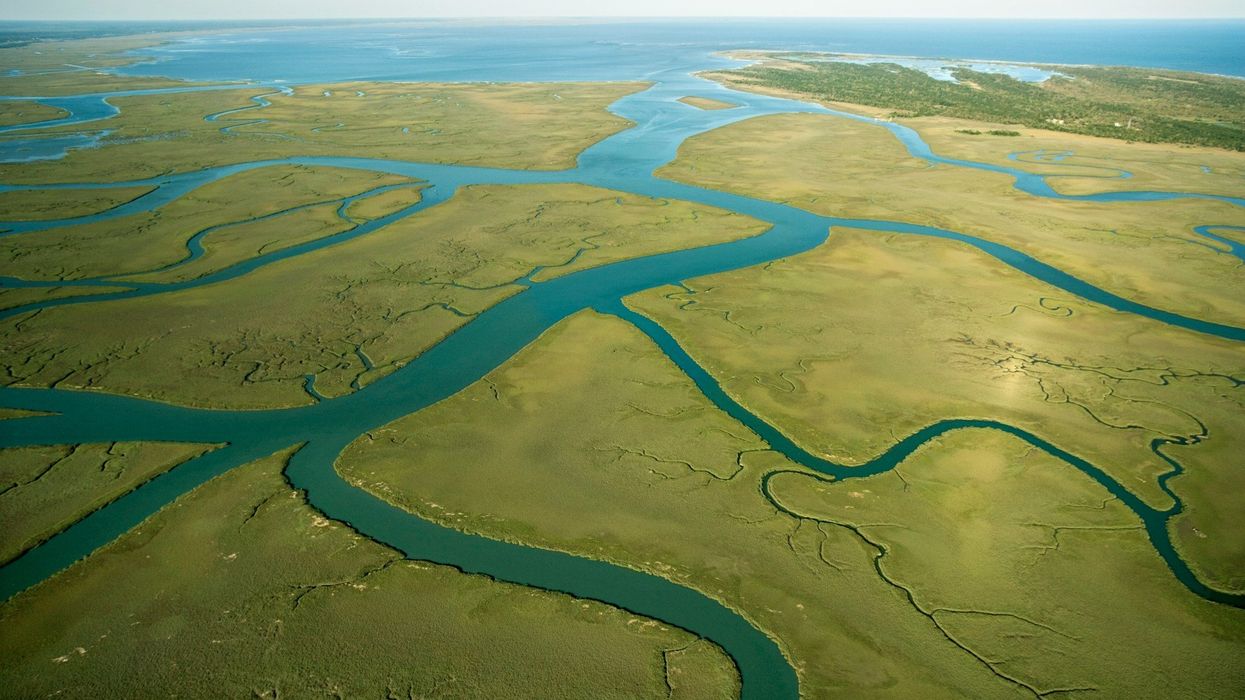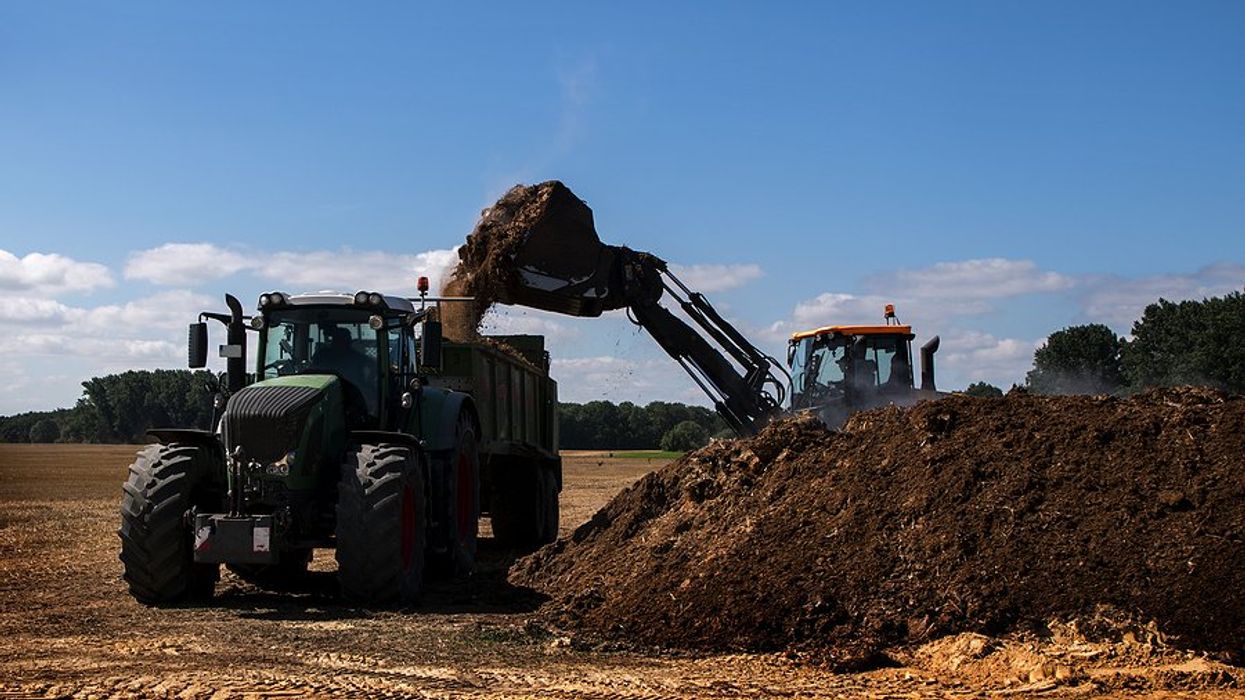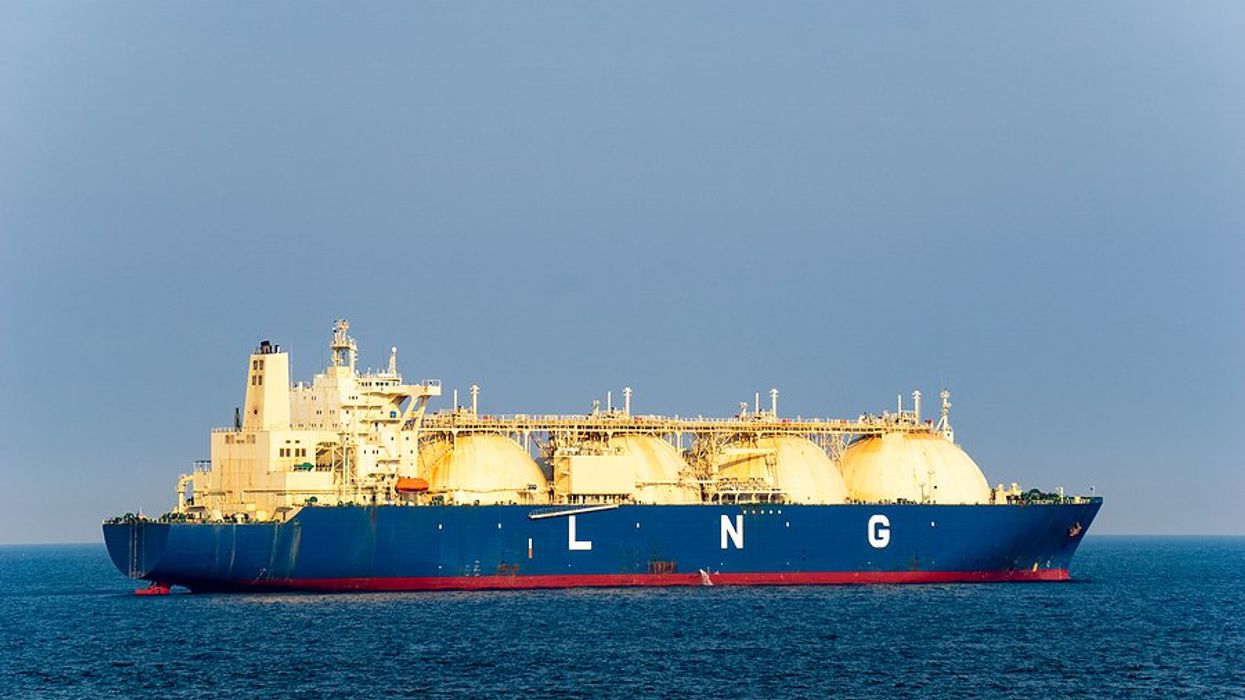Brazil’s President Luiz Inácio Lula da Silva is working to establish the Amazon as an international model for a “bioeconomy” that prioritizes sustainable development, biodiversity, and Indigenous rights, as he leads this month’s G20 summit.
Fred Pearce reports for Yale Environment 360.
In short:
- Lula hopes the G20 will adopt principles that define a bioeconomy focused on environmental protection and support for local communities, moving beyond traditional extraction methods.
- Brazil’s bioeconomic strategy aims to protect the Amazon by developing industries that harness its biodiversity sustainably, promoting eco-friendly products like açaí and forest-harvested peppers.
- Critics warn the term “bioeconomy” has varied definitions, raising concerns it could enable greenwashing without enforceable standards.
Key quote:
“We must ensure that taking care of the forest is more profitable than cutting down the trees.”
— Luiz Inácio Lula da Silva, president of Brazil
Why this matters:
The Amazon is a critical carbon sink and biodiversity hotspot; its preservation is vital in fighting climate change. Brazil’s model could set a global precedent for balancing economic growth with environmental and Indigenous protections, impacting similar ecosystems worldwide.


